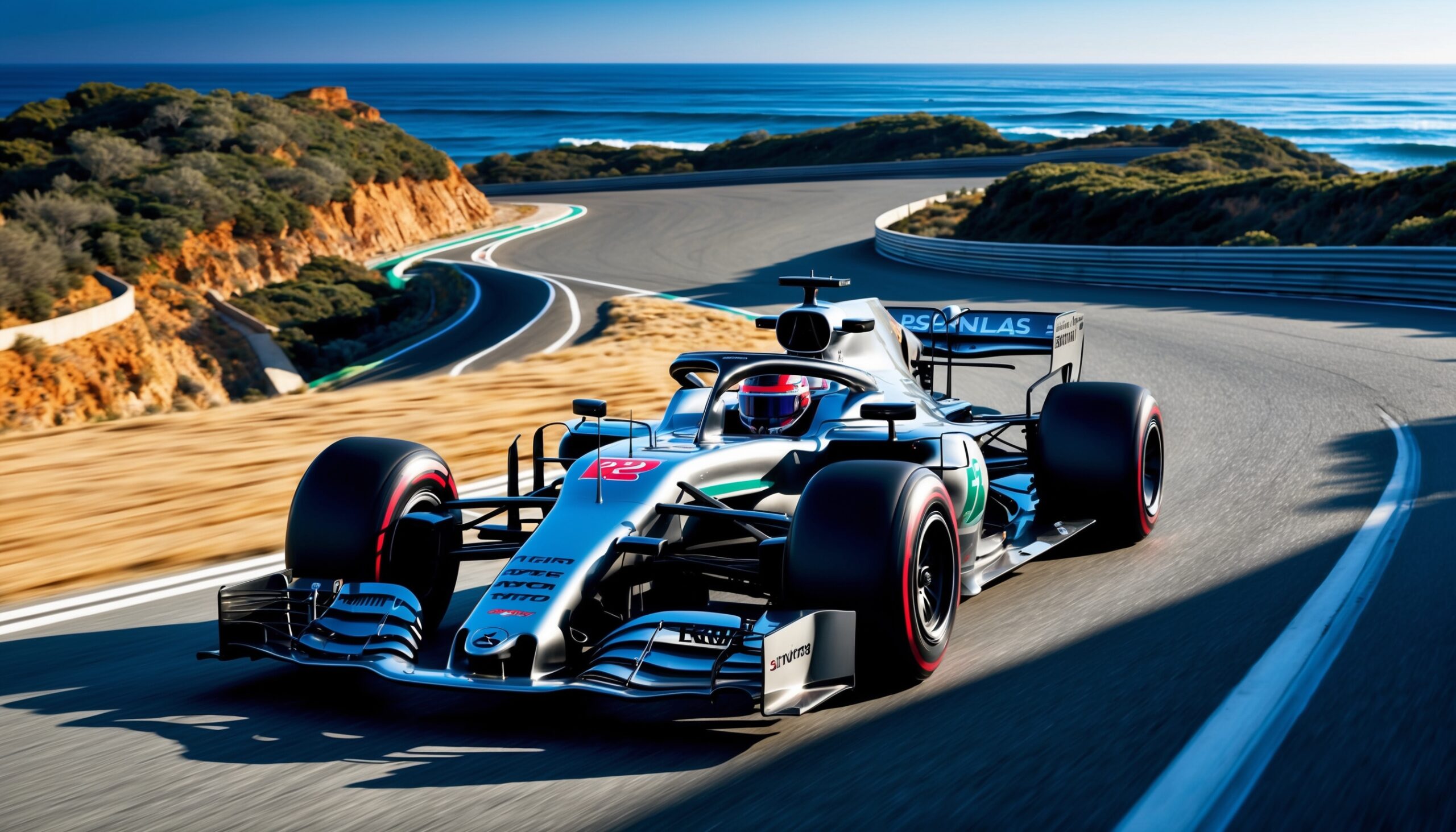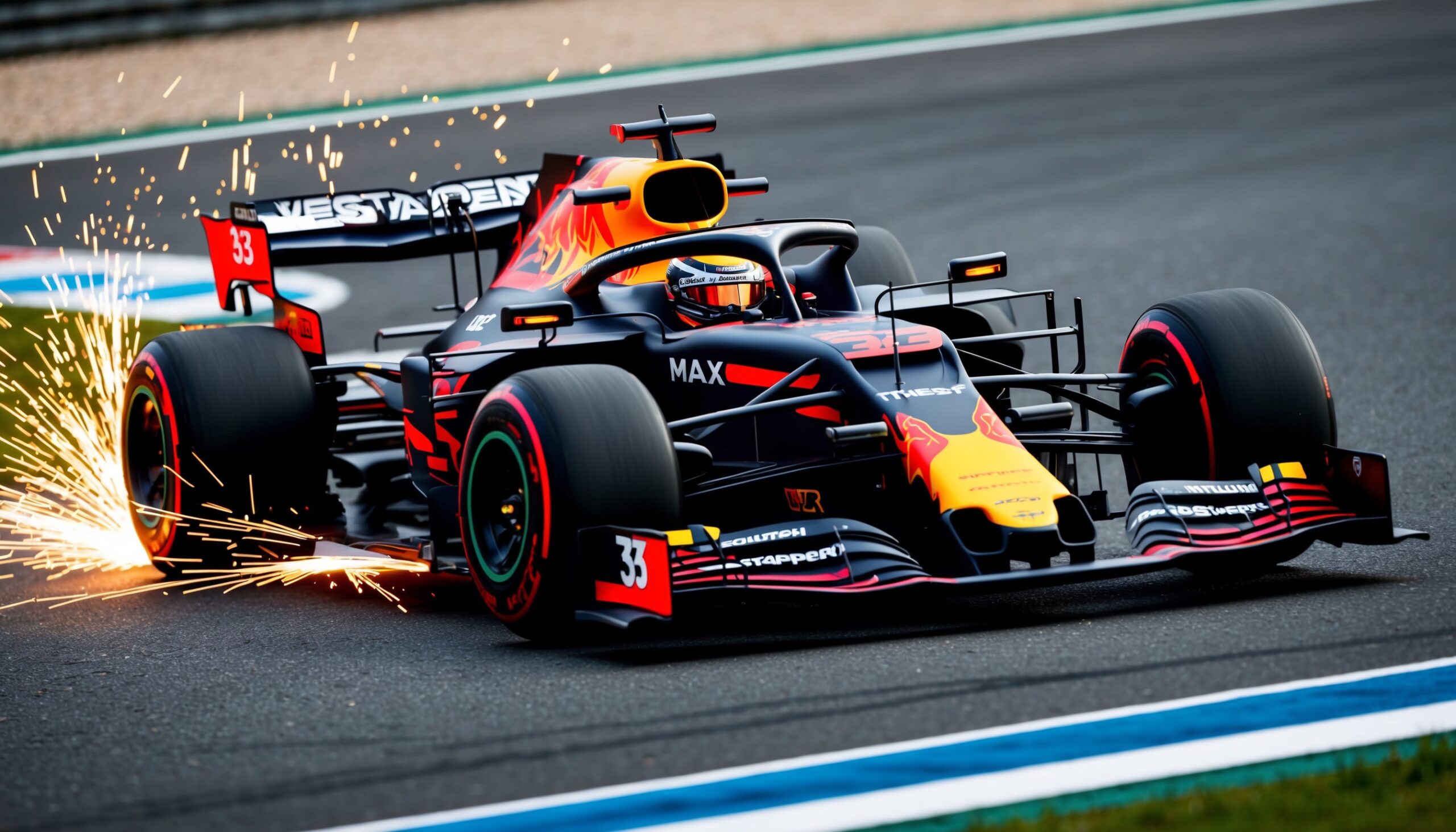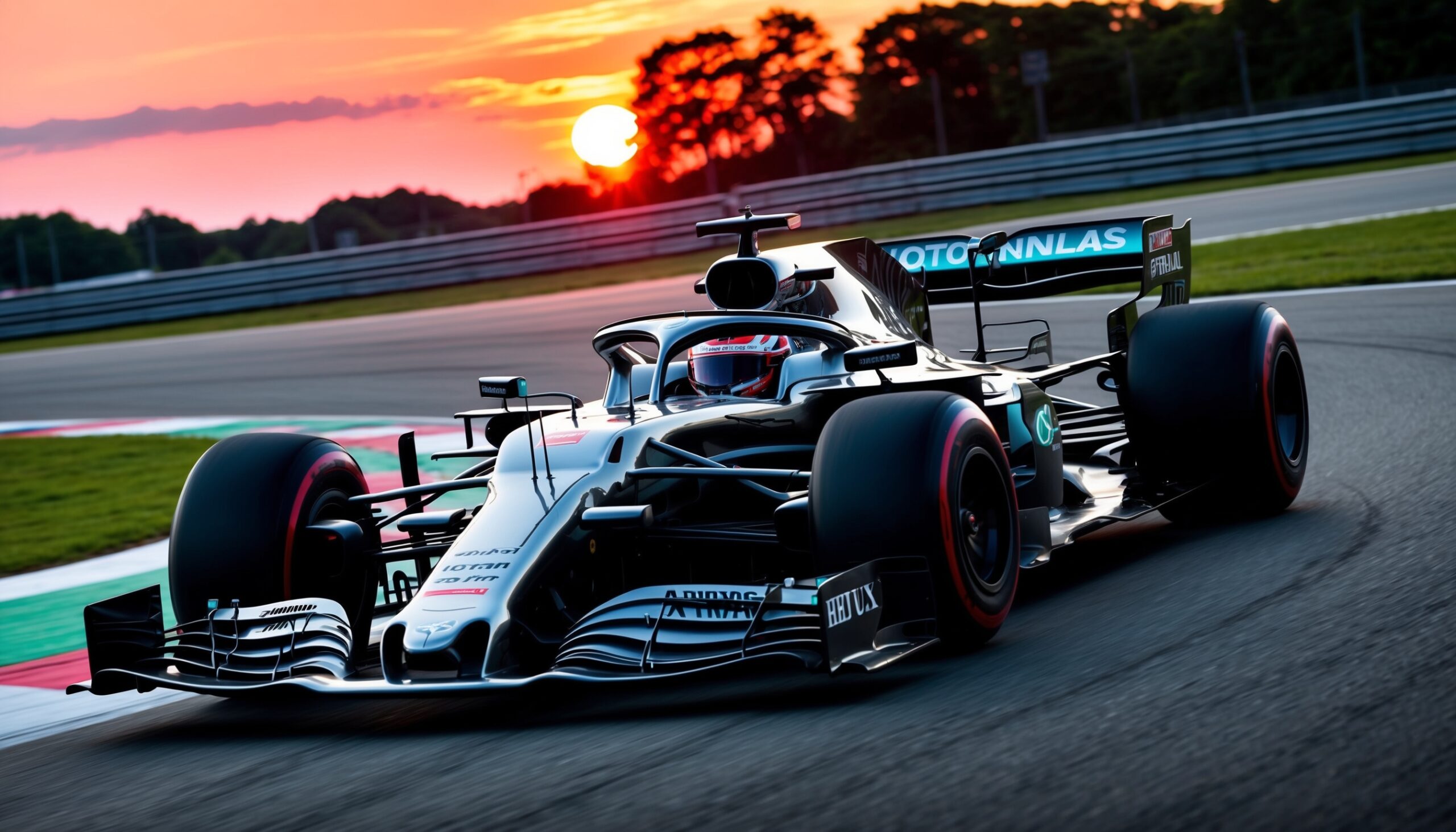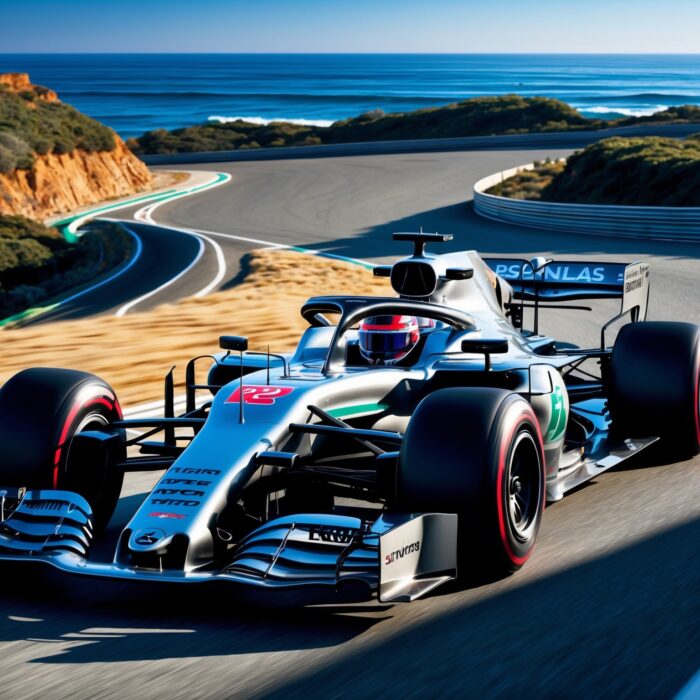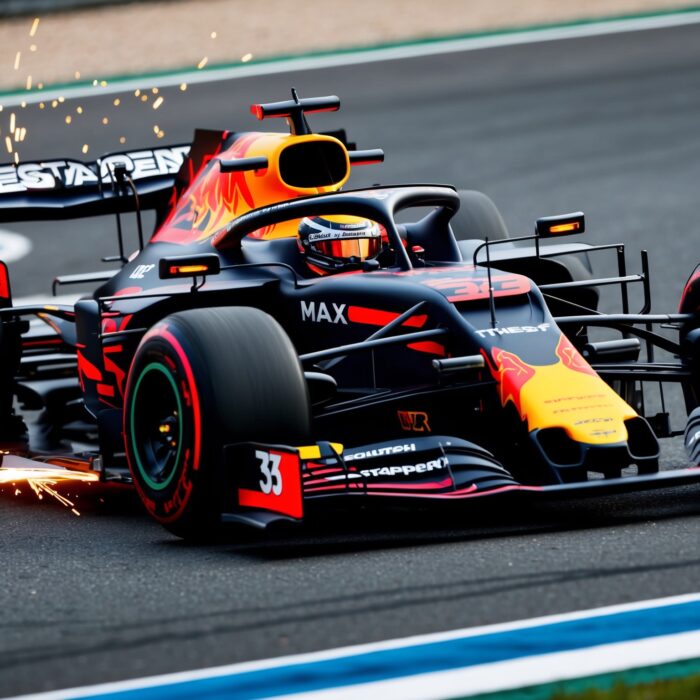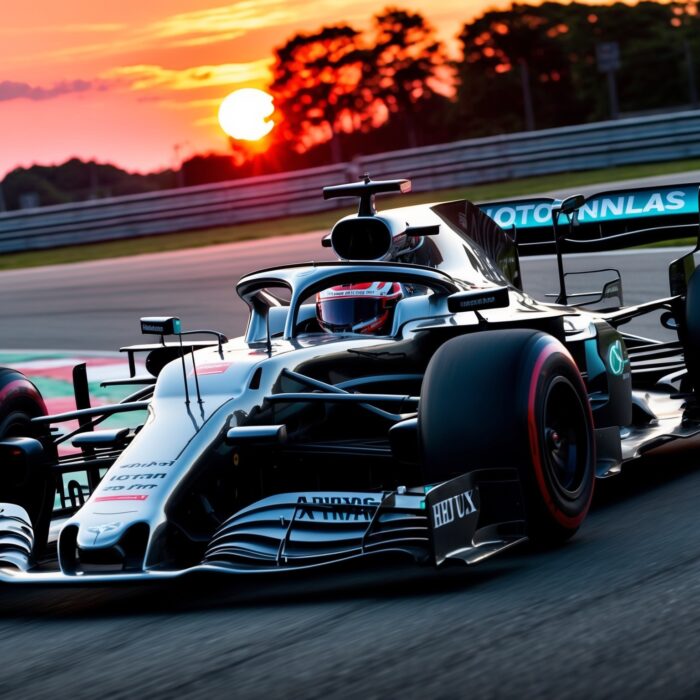Martin Brundle Reveals Why Christian Horner ‘Wouldn’t Want to Return as a Team Principal’
In the fast-paced world of Formula 1, team principals are often thrust into the spotlight, navigating the high-stakes environment of racing while managing drivers, engineers, and an array of sponsors. One such team principal who has made a significant mark in the sport is Christian Horner, the head of Red Bull Racing. Recently, former F1 driver and current commentator Martin Brundle shared his insights on why Horner might not be keen on returning to the role after his illustrious career. For car enthusiasts and F1 fans alike, this revelation opens a fascinating discussion about leadership, pressure, and the evolving landscape of motorsport.
The Pressure Cooker of F1 Team Management
Being a team principal in Formula 1 is akin to juggling flaming torches while riding a unicycle on a tightrope. The pressure is immense, and the stakes are incredibly high. Brundle pointed out that the demands of the job can take a toll on an individual, both personally and professionally. With the constant scrutiny from the media and fans, along with the need to maintain a competitive edge, it’s no wonder that some team principals choose to step back.
Christian Horner’s Legacy
Christian Horner has been at the helm of Red Bull Racing since its inception in 2005. Under his leadership, the team has achieved remarkable success, clinching multiple Constructors’ Championships and Drivers’ Championships. Horner’s strategic acumen and ability to foster a winning culture have made him a respected figure in the paddock. However, as Brundle suggests, the very nature of success can also lead to burnout.
- Long Hours: The commitment required to succeed in F1 is staggering. Team principals often work long hours, attending races, managing logistics, and engaging with sponsors.
- Media Scrutiny: Every decision is analyzed, and every word is dissected. The media spotlight can be relentless, adding an extra layer of stress.
- High Expectations: Success breeds expectation. Once a team reaches the top, the pressure to stay there can be overwhelming.
Brundle’s Perspective on Horner’s Future
Brundle, known for his candid commentary and sharp insights, has speculated that Horner may prefer to step back from the frontline of racing. He suggests that after years of intense competition, Horner might be seeking a more balanced lifestyle. The toll of being in such a high-pressure role could lead one to reconsider their future, especially when there are other opportunities in the motorsport world.
Moreover, Brundle hinted at the possibility that Horner has already achieved everything he set out to do in F1. With such a strong legacy, returning to the grind of team management might not hold the same appeal. Instead, he could focus on other ventures, whether in racing commentary, consulting, or perhaps even exploring new challenges outside of motorsport.
Also Read: Mazda testing carbon-capture exhaust tech that stores CO2 in a tank
The Changing Face of F1
The landscape of Formula 1 is evolving rapidly. New teams are entering the fray, regulations are changing, and the sport is increasingly focusing on sustainability and technology. This shift could make the role of a team principal even more complex than it has been in the past. Brundle speculates that this changing environment may be another reason why Horner wouldn’t want to return; the challenges ahead may feel daunting, and the desire for a simpler life could be tempting.
The Allure of Life Beyond the Paddock
For many in the sport, the allure of stepping back from the chaos of team management can be quite strong. Horner is a family man, and as he looks to the future, spending more time with loved ones may take precedence over the relentless demands of F1. This desire for a balanced life is something that resonates with many professionals, especially those who have dedicated years to a single pursuit.

The Impact of Technology and Data
Another reason Horner might be hesitant to return is the increasing reliance on technology and data in F1. The sport has transformed dramatically over the years, with advanced analytics, simulation tools, and data-driven decision-making becoming the norm. While this evolution brings exciting opportunities, it also requires team principals to possess a deep understanding of these technologies, which can be overwhelming.
Brundle noted that the rapid pace of technological advancements means that team principals must continuously adapt and learn. For someone like Horner, who has spent years mastering the intricacies of F1, the prospect of starting from scratch in a new technological landscape can be unappealing. The constant evolution of the sport might lead him to prefer a more advisory role rather than returning to the demanding day-to-day responsibilities of a team principal.
The Influence of Team Dynamics
The dynamics within a team are critical to its success. Horner has cultivated a unique culture at Red Bull Racing, one that emphasizes collaboration and innovation. However, as new talent enters the sport and team structures evolve, maintaining that culture becomes increasingly challenging. Brundle suggested that Horner might prefer to watch from the sidelines, ensuring that the legacy he built continues to thrive rather than risking it in a new environment.
- New Leadership Styles: As younger team principals emerge, they bring different leadership styles and philosophies to the table. This shift could create a disconnect with older generations.
- Driver Relationships: Managing the relationship between drivers can be tricky. As new talents enter the sport, the dynamics may shift, making it harder to maintain harmony.
- Cultural Changes: The culture of F1 is changing. New priorities, such as diversity and sustainability, may require a different approach from team principals.
Horner’s Role in F1’s Future
While Brundle’s comments suggest that Horner may not return as a team principal, it doesn’t diminish his potential impact on the sport. With his wealth of experience and knowledge, Horner could take on a mentorship role or contribute to F1 in other capacities. His insights could be invaluable in shaping the future of the sport, especially as it navigates the challenges of sustainability and technological advancements.
Also Read: Mazda keeps the rotary alive: Twin-rotor hybrid concept signals future sports revival
The Community Aspect of Motorsport
At its core, Formula 1 is not just about racing; it’s about community. The relationships built within the paddock extend beyond the track, creating a network of individuals who share a passion for motorsport. Horner’s contributions to this community have been significant, and stepping back from the principal role could allow him to foster these relationships in new ways.
The chance to engage with fans, promote the sport, and inspire the next generation of racers could be an appealing path for Horner. It’s a way to remain connected to the sport he loves without the intense pressure of day-to-day management.
Final Thoughts on Horner’s Journey
In the ever-evolving world of Formula 1, change is the only constant. Martin Brundle’s insights into Christian Horner’s potential future away from team management resonate with many in the motorsport community. As the sport continues to grow and adapt, it’s essential to recognize the human aspect behind the wheel and the team principals who lead the charge.
While Horner’s legacy as a team principal is firmly established, his next steps could be just as impactful in shaping the future of Formula 1. Whether he chooses to step back, mentor, or take on a new challenge, one thing is certain: his influence will be felt long after he leaves the paddock. For car enthusiasts and F1 fans, this is a thrilling prospect, and we at Torque Feed will be watching closely as the story unfolds.



